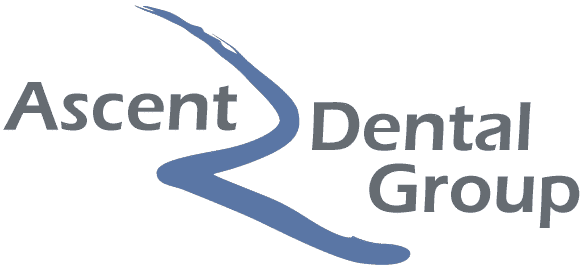Holistic / Biological / Biomiminic / TMJ / Cosmetic / Implant / Sleep Dentistry
These are all Philosophies of Dentistry. It needs to be understood that these are not recognized Licensed Specialties of Dentistry by State Boards or Dental Schools. When you call them specialties, it’s misleading. When Dentist’s say they specialize in something, they better have a license or degree from an accredited dental school.
TMJ Specialist and cosmetic dentist are another example, no formal license exist. There are hundreds of dental continuing education classes going on every weekend throughout the world teaching different techniques, philosophies and opinions. Tons of Continuing education exist online now as well, we dentist can watch hours of education videos on many different subjects.
Most are driven by manufactures, trying to sell the dentist a new piece of equipment, technique, instrument, material, philosophy. Some are other dentist telling us what he did to be successful. I can tell you what worked for me, if you pay me 3k a weekend to listen to me)
Most all dentist have different philosophies and look at your oral cavity, teeth, gums, etc with different approaches. We all go throughout our careers learning bits and pieces along the way. No two dentist are alike. Sometimes we change, sometimes we stay the same. We are all looking around or over our shoulder to what the other dentist is doing. We ask, how can I set myself, my practice apart, or we ask, am I in line with what everyone else is doing. It’s important for the patient to be aware of how much current training the dentist is getting or how much they are trained on a philosophy of dentistry. It’s also important to note, I could find you a research article supporting almost any claim. You want to hear Crest is better toothpaste than Colgate or Oral B electric Brush is better than Sonicare?
I could more than likely find a research paper to support whatever you want to believe. It gets way worse in our dental field, as we have a vast world of materials, cause and effects of surgeries, amongst many many other things that we have to stay on top of the research.
We also have to be skeptical of research from the product company and have sources to the best non biased research, which is getting harder and harder to find. After sifting through research, clinical outcomes, longevity of treatment, its ultimately up to the dentist to decide, is this best for the patient?
